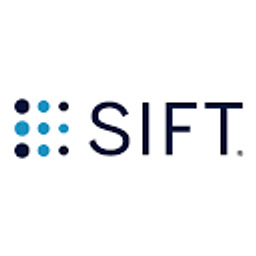
Sift Healthcare
Optimizes healthcare payments with data-driven revenue cycle tools.

About
Sift Healthcare delivers a sophisticated solution focused on optimizing the financial operations of healthcare providers. Through intelligent data gathering and advanced analytics, the platform streamlines revenue cycle management by pinpointing inefficiencies across payments and collections processes. Organizations can identify patterns and root causes for denials, prioritize workflow based on actionable insights, and access operational metrics in real time.
By integrating payments data from multiple sources, Sift Healthcare creates a comprehensive overview that empowers stakeholders to make informed decisions and respond proactively to emerging financial trends. Machine learning models support patient financial engagement, allowing healthcare organizations to better understand individual patient behaviors and personalize collection strategies. This maximizes the likelihood of payment and improves the overall financial health of an organization.
Automated daily analytics and reporting provide leadership and staff with accessible performance intelligence, reducing reliance on manual data compilation and facilitating timely interventions. The platform's focus on complex integration means it is designed for robust healthcare organizations willing to invest in transformative technology to improve revenue outcomes.
Who is Sift Healthcare made for?
Sift Healthcare is ideal for finance and operations leadership within mid-sized to large healthcare organizations, such as hospitals, medical groups, and healthcare networks. It is particularly well suited for CFOs, revenue cycle directors, and data analysts looking to improve payment processing, reduce denials, and optimize operational efficiency.
Organizations with complex billing ecosystems, multiple data sources, and a significant volume of financial transactions will benefit the most. The tool supports teams focused on streamlining collections, boosting patient engagement strategies, and gaining in-depth financial analytics to support decision-making. Its adoption is most valuable for healthcare providers who prioritize measurable financial performance improvements and are able to support complex integrations within their existing infrastructure.